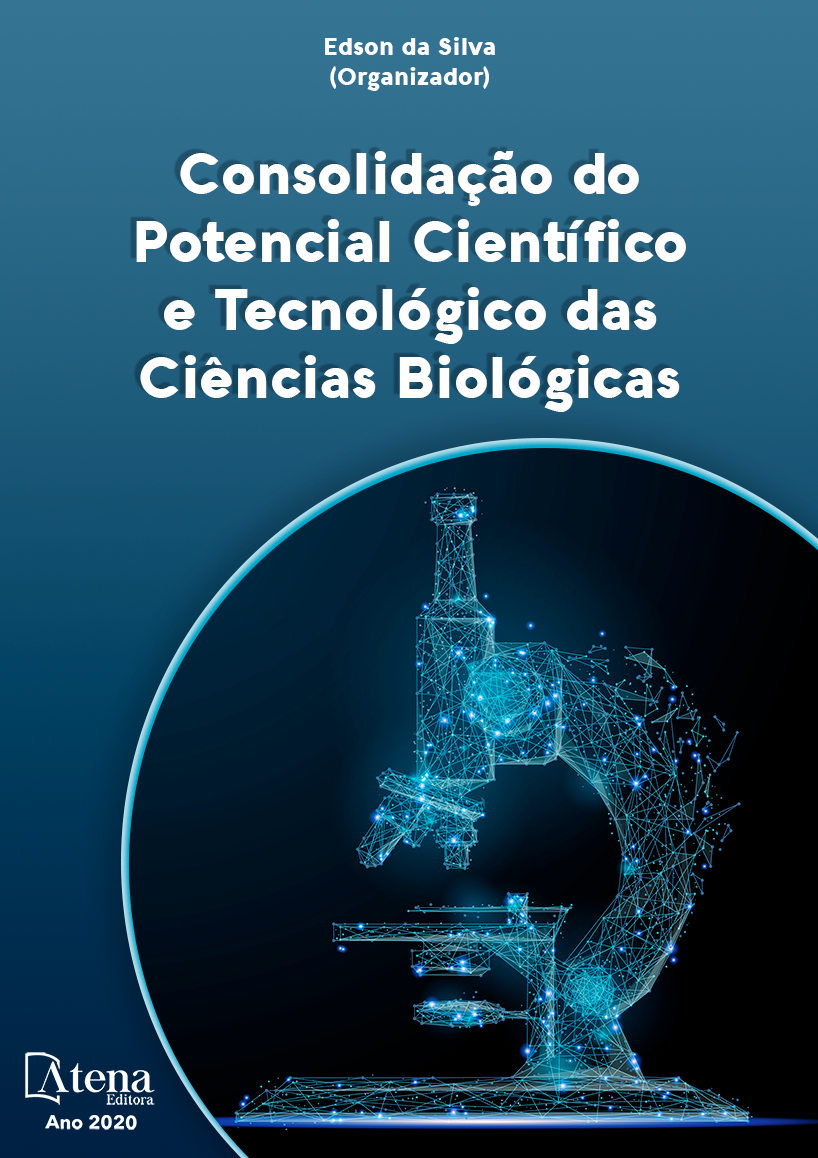
METODOLOGIA ISO 6579 E ISOLAMENTO DE SALMONELLA SPP. EM ALIMENTOS
Alimentos de origem avícola são comumente relacionados com a veiculação de microrganismos patogênicos de preocupação na saúde pública, sendo um dos agentes principais a Salmonella spp. O objetivo deste trabalho é a elucidação da aplicação correta da metodologia ISO 6579 para isolamento de Salmonella spp, mostrando sua aplicabilidade prática e eficaz no isolamento do microrganismo em questão, bem como apontar as particularidades da técnica possibilitando uma maior adesão da mesma em trabalhos com o foco de isolamento e identificação desse agente. Esta metodologia faz parte da pesquisa de Mestrado do Programa de Pós-Graduação em Biociência animal da Universidade Federal de Jataí. Trata-se de um estudo descritivo, analítico, realizado no município de Rio Verde - GO, no período de outubro de 2016 a setembro de 2017 no intuito de avaliar a qualidade microbiológica de carne de frango. Das 40 amostras coletadas obteve-se a positividade em 12 amostras o que representa 30% das amostras de frango analisadas. A frequência de isolamento de Salmonella spp. das amostras pesquisadas, mostraram a presença desse micro-organismo patogênico em alimentos destinados a alimentação humana, o que traduz a necessidade de uma maior eficiência por parte de fiscalização frente ao controle de qualidade dos alimentos. Embora os dados sejam preocupantes observamos no seguinte estudo que a eficiência da metodologia atendeu o objetivo de encontrar Salmonella spp. nas amostras de frango analisadas, confirmando a eficácia da utilização da ISO 6579 para a detecção desse microrganismo, desta forma tornando-se importante ferramenta para a promoção da qualidade dos alimentos.
METODOLOGIA ISO 6579 E ISOLAMENTO DE SALMONELLA SPP. EM ALIMENTOS
-
DOI: 10.22533/at.ed.47020030813
-
Palavras-chave: Métodos analíticos, Microbiologia, Segurança alimentar
-
Keywords: Analytical methods, Microbiology, Food security
-
Abstract:
Foods of poultry origin are commonly related to the transmission of pathogenic microorganisms of public health concern, one of the main agents being Salmonella spp. The objective of this work is to elucidate the correct application of the ISO 6579 methodology for the isolation of Salmonella spp, showing its practical and effective applicability in the isolation of the microorganism in question, as well as to point out the particularities of the technique allowing a greater adhesion of it in works with the focus of isolation and identification of this agent. This methodology is part of the Master's research of the Post-Graduate Program in Animal Bioscience at the Federal University of Jataí. This is a descriptive, analytical study carried out in the municipality of Rio Verde - GO, from October 2016 to September 2017 in order to assess the microbiological quality of chicken meat. Of the 40 samples collected, positivity was obtained in 12 samples, which represents 30% of the analyzed chicken samples. The isolation frequency of Salmonella spp. of the surveyed samples, they showed the presence of this pathogenic microorganism in food intended for human consumption, which reflects the need for greater efficiency on the part of inspection in relation to food quality control. Although the data is worrying, we observed in the following study that the efficiency of the methodology met the objective of finding Salmonella spp. in the analyzed chicken samples, confirming the effectiveness of using ISO 6579 for the detection of this microorganism, thus becoming an important tool for the promotion of food quality.
-
Número de páginas: 8
- Flávio Barbosa da Silva
- Débora Quevedo Oliveira
- Bruna Ribeiro Arrais
- Débora Filgueiras Sampaio
- Nathalia Linza Martins Souza
- Izabella Goulart Carvalho
- Cecília Nunes Moreira
- NAYARA CARVALHO BARBOSA


